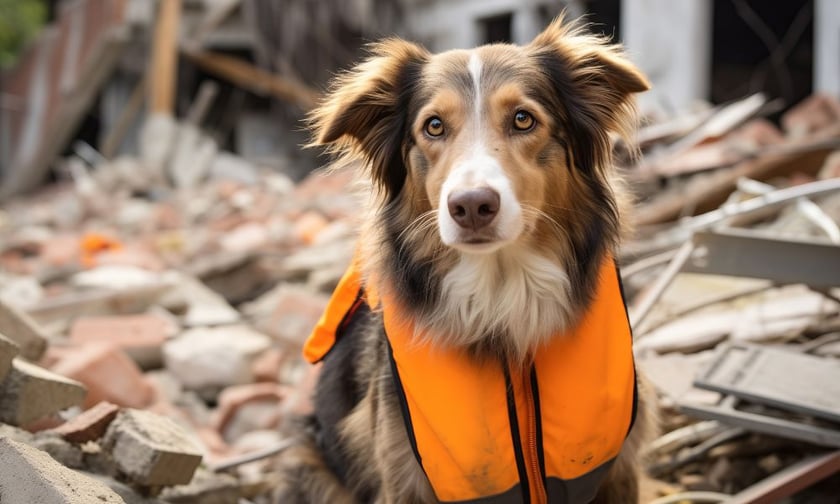

Southern Cross Pet Insurance (SCPI), a “Highly Commended” brand in 2024, has released a disaster preparedness guide for pet owners, coinciding with the upcoming Civil Defence National ShakeOut Day on Oct. 24.
The guide aims to raise awareness about the importance of including pets in emergency planning and ensuring they are adequately prepared for disasters like earthquakes, floods, and fires.
SCPI’s advice focuses on key measures to protect pets during emergencies. These include:
The company stresses that pets should be evacuated alongside their owners during emergencies.
The guide advises owners to confirm that their evacuation destination is pet-friendly or, alternatively, to have contact information for kennels, catteries, or motels that accept pets during emergencies.
For those living in areas prone to flooding, SCPI warns that floodwaters can be just as dangerous for pets as for people, potentially carrying diseases or harmful materials. Pet owners in these areas are encouraged to consider purchasing a pet life jacket for added safety.
SCPI also provides a checklist for a pet survival kit, which includes items such as:
Other suggested items include litter trays, pet waste bags, food bowls, and current photos of the pet in case they get lost.
The guide suggests adding familiar objects like toys or blankets to help comfort pets during stressful situations.
In a partnership with Blind Low Vision NZ, SCPI has also offered advice on how to assist visually impaired neighbours during emergencies. Recommendations include:
Following any emergency, SCPI suggests checking on visually impaired neighbours to ensure they are safe, guiding them through any significant changes in their environment, and offering assistance with communication or navigating hazards.
SCPI also pointed pet owners to the New Zealand Veterinary Association for additional resources on caring for animals during extreme weather or disaster events.
Although there are anecdotal reports of animals displaying unusual behaviour before disasters, SCPI noted that there is limited scientific backing for these claims and encourages owners to focus on thorough preparation instead.
